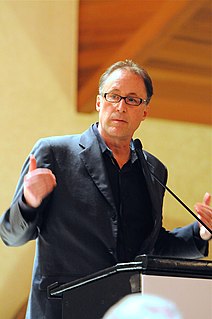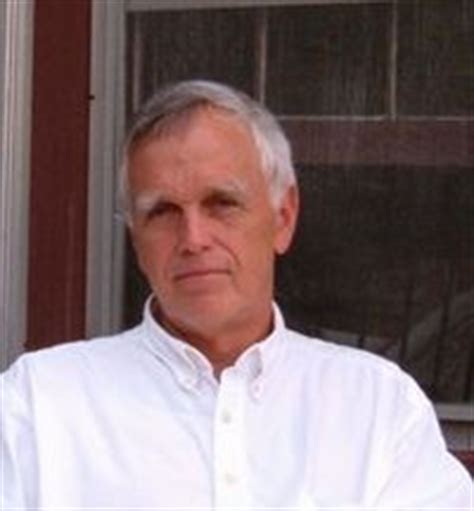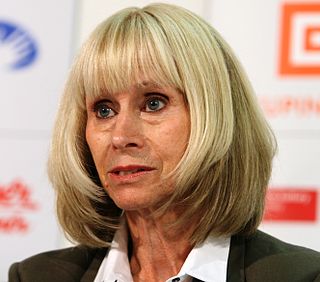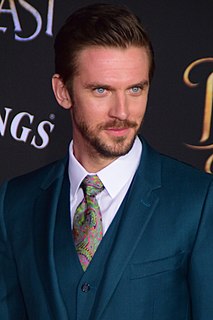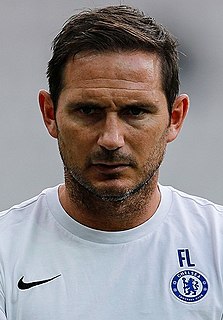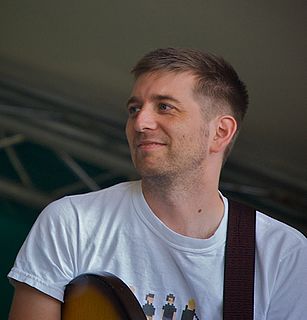A Quote by Jonathan Dee
One of my favorite pieces of advice about being a writer came from a very formative teacher I had as an undergraduate, named John Hersey. On our last day of class together, which was also John Hersey last day before retirement, he said, "Remember, the world doesn't need any new writers." Which at first didn't seem like great advice, but when you unpacked it, it was really that it's not enough to be confident in what you do; be conscious of bringing something to the world of readers and writers that it hasn't seen before. Something idiosyncratic.
Quote Topics
About
Advice
Also
Any
Be Confident
Before
Being
Bringing
Came
Class
Confident
Conscious
Day
Enough
Favorite
First
Formative
Great
Great Advice
Had
John
Last
Last Day
Like
My Favorite
Named
Need
New
Our
Pieces
Readers
Really
Remember
Retirement
Said
Seem
Seen
Something
Teacher
Together
Undergraduate
Very
Which
World
Writer
Writers
Related Quotes
Probably the biggest influence on my career was the late John Hersey, who, while he was at 'The New Yorker,' wrote one of the masterpieces of narrative non-fiction, 'Hiroshima.' Hersey was a teacher of mine at Yale, and a friend. He got me to see the possibility of journalism not just as a business but as an art form.
Howard University holds something called "Heart's Day," an all day ceremony in which a writer is honored. I was the recipient of this honor. It's a wonderful ceremony that Eleanor Traylor chair of English at Howard University organizes for writers. Writers from around the country came to pay tribute to my work. It was very flattering.
Woodfall wasn't deliberately telling working-class stories, but John Osborne and other writers who were involved with them were writing those stories, which had never really been written before. The working-class person always had to have an accent before, was often a joker, and peripheral. At Woodfall, they were driving the film.
I've been exploring a lot of different avenues with a number of very different and very, very exciting filmmakers and writers. That's been the trip. I like to find something very, very different from the last thing I did, which might be similar to something I've done before, but as long as it's different from the last thing I did, it keeps me entertained.
I could never write about the sort of people John Cheever or John Updike or even Margaret Atwood write about. I don't mean I couldn't write as well as they do, which of course I couldn't; they're great writers, and I'm no writer at all. But I couldn't even write badly about normal, neurotic people. I don't know that world from the inside. That's just not my orientation.
Most writers I know have switched to word processors. I haven't but I'm very curious about why people like it so much. I think it has something to do with the fact that at last writing, which has been such an old-fashioned, artisanal activity, even on a typewriter, has now entered the central domain of modern experience which is that of making copies, being involved in the world of duplicates and machine-mediated activities.
My father always said I would do something big one day.'I've got a feeling about you, John Osbourne,' he'd tell me, after he'd had a few beers.'You're either going to do something very special, or you're going to go to prison.'
And he was right, my old man.
I was in prison before my eighteenth birthday.
I was listening to this interview with fiction writer George Saunders the other day, and he said something about how the role of a writer is to build a more detailed world. I think it applies to what Gord Downie is doing with his body of work, which is to build a more detailed world and there's something really political about that.
I remember one of the first things Helmut Newton on one of his last shoots, in 2004, said was that he couldn't believe how thin I was. He was like, "Whatever happened to women?" He also made me wear rubber nipples. It was amazing to be in a situation where you have to create but you don't feel any pressure. He had such confidence that it made things really easy. There's a natural sort of process of something coming to life, which I really liked. It was like, "We're here, and let's make you lay on a bed of nails." But it didn't seem contrived or overly thought-out. It was easy.
[My advice] will one day be found
With other relics of 'a former world,'
When this world shall be former, underground,
Thrown topsy-turvy, twisted, crisped, and curled,
Baked, fried or burnt, turned inside-out, or drowned,
Like all the worlds before, which have been hurled
First out of, and then back again to Chaos,
The Superstratum which will overlay us.

